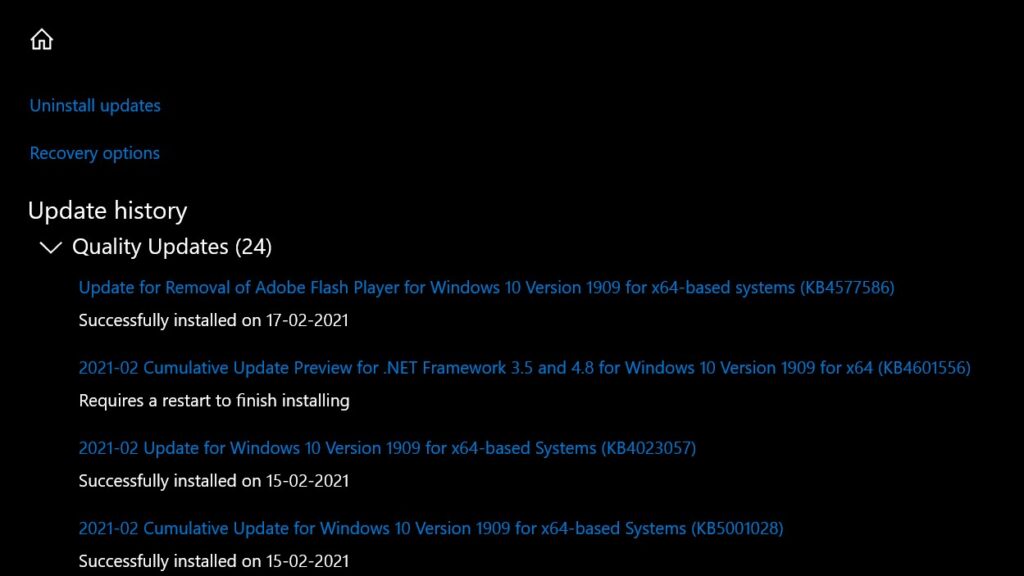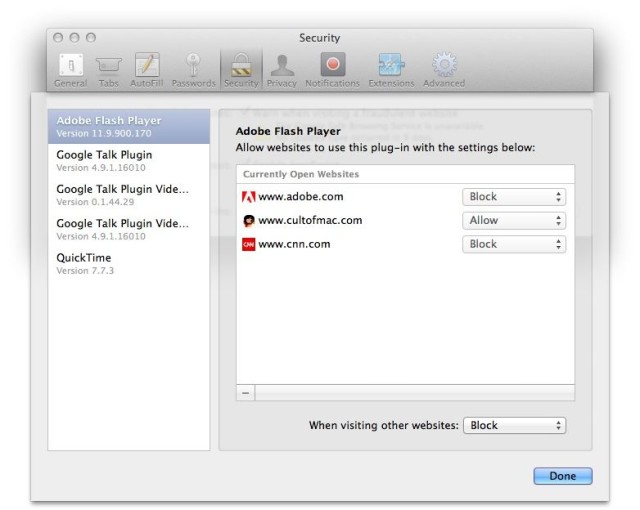


If it sees that you have one that’s out of date, you’ll be sent to that page.Ĥ. Firefox 3.6 will check for newer versions of plugins just like we check for newer versions of Firefox or extensions. Second, we’re going to have a regular page that you can go to to check the state of other plugins as well. The first is to do a check when we update the browser. This is only the first step in a multi-step process that we’re going down:ġ. Perhaps the plugin should check at all startups? And as long as you’re working with Adobe it’s probably even more important to make such a check for Acrobat and Reader.

But Flash versions could get out of date between Firefox updates. Is this only going to happen at update time? That’s the impression I get from this blog. A web-page warning will not solve the hurdles users are experiencing trying to install an up to date version of Flash.įirst, I do want to congratulate you on what is a big step in the right direction. Seriously, go get a bunch of people, put them in front of computers and get them to install Flash by downloading it with Firefox and you’ll understand the problems that need solving. Customers are almost relying on me to update Flash, I’ve had to talk people through closing Firefox properly over the phone I don’t know how many times. Want more people to be up to date with Flash? Get the plugin finder service working again and get Adobe to improve their damned installers. Nobody is able to get Flash installed because Flash’s stupid arse-backwards installer asks them to quit Firefox and the user doesn’t know what that means, or doesn’t realise that the downloads window is part of Firefox–and the plugin finder service no longer auto-installs Flash. I am dealing with the public and their computers every day. I fix people’s computers, at their homes for a living. 36 comments on “Helping users keep plugins updated”


 0 kommentar(er)
0 kommentar(er)
